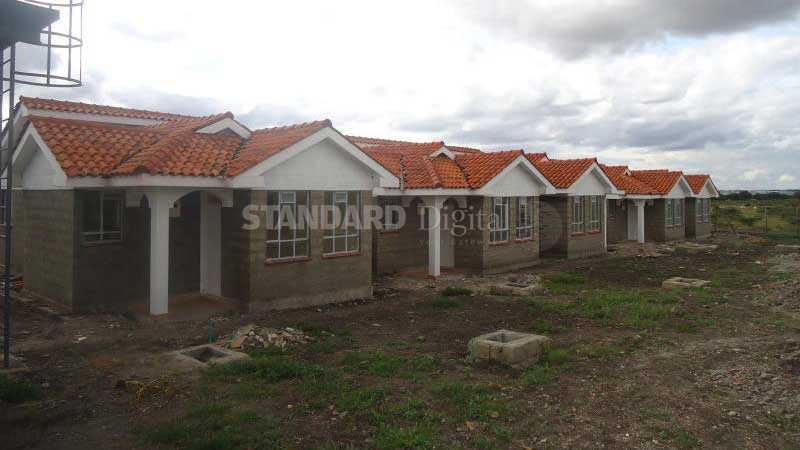×
The Standard e-Paper
Kenya’s Boldest Voice

If you earn less than Sh100,000 and can spare a third of your income, owning a home will be within your reach under a Government plan to spur a housing boom.
The State has created a company to offer cheap loans to banks to target civil servants, self-employed persons, or salaried employees with mortgage of up to 30 years to reduce the pressure on repayment.